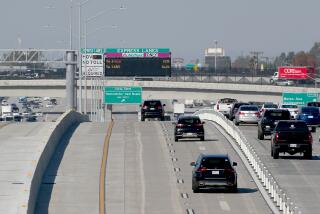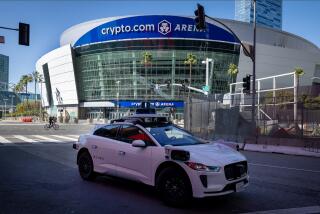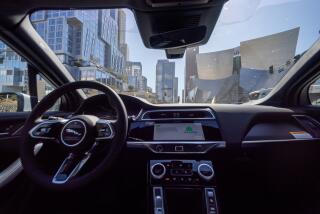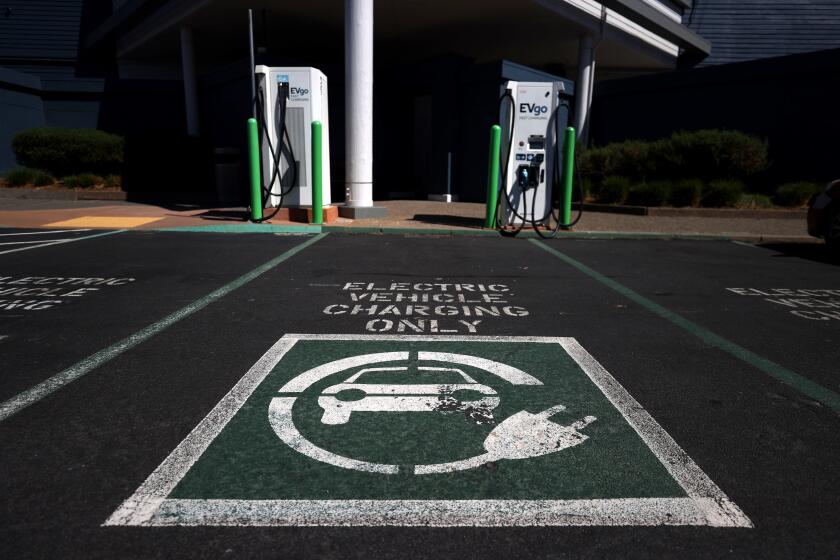Audi gets first permit to test self-driving cars on California roads
Think twice next time you tailgate that new Audi in front of you; there might not be a human driving it.
Audi announced Tuesday that it is the first automaker to get a permit from the state of California to test self-driving cars on public roads. New state regulations took effect the same day specifically allowing such testing for the first time in California, per a law signed by Gov. Jerry Brown in 2012.
“Audi is a driving force behind the research taking automated driving from science fiction to pre-production readiness,” Scott Keogh, president of Audi of America, said in a statement. “Obtaining the first permit issued by the state of California shows that we intend to remain the leader in this vital technology frontier.”
The German automaker is one of many that have already started testing self-driving technology elsewhere. Others include Nissan, Mercedes-Benz, Toyota, Ford, GM; many expect to have such vehicles on the road by 2020.
By 2025, as many as 230,000 new autonomous vehicles a year could hit the roads around the world. That number could swell to 11.8 million a decade later, according to a study released by IHS Automotive.
California is one of four states in the U.S. that now allow automakers to test self-driving cars on public roads. Michigan, Florida and Nevada also allow it. Gov. Brown was keen to put California at the forefront of such testing when he signed the law in September 2012.
“Autonomous vehicles are another example of how California’s technological leadership is turning today’s science fiction into tomorrow’s reality,” Brown said at the time. “This law will allow California’s pioneering engineers to safely test and implement this amazing new technology.”
The regulations going into effect today place strict guidelines on the car, its manufacturer and the human pilot testing it.
The automaker must put up a $5 million bond against a failure to pay any claims resulting in an accident, have a net worth of at least $5 million, train anyone who will be in the car’s driver seat and have tested the self-driving car in a simulated environment before putting it on public roads.
The car itself needs to be registered as a self-driving car with the DMV, and be capable of driving like a normal car when the self-driving system is turned off.
The driver must be an employee of the automaker, be a licensed driver for a minimum of three years, have a clean driving record and be sober and seated in the driver’s seat at all times.
Like an eager 16-year-old with a new license, Audi isn’t wasting any time putting its new permit to use. The automaker already has a specially-equipped A7 autonomous car in the San Francisco area that it plans to begin testing immediately.







